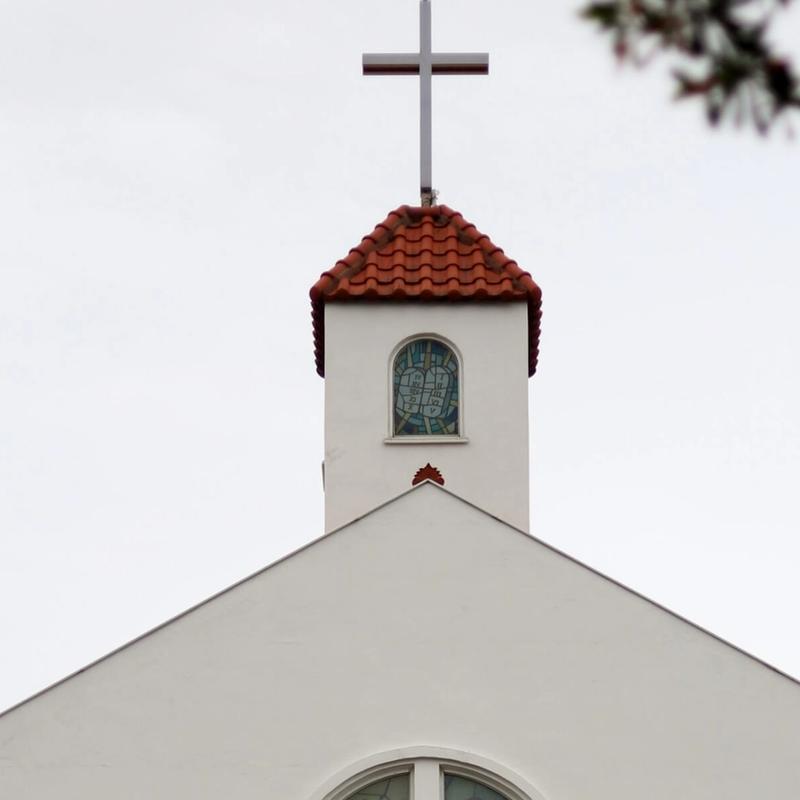Nowadays it isn’t hard to find what you’re looking for. We have smartphones that can track down the location of the nearest gas station or supermarket. If we’re looking for a good restaurant, the Yelp app is just a click away, and in no time we can be dining at a top-rated eatery. So long as you know what it is you want, satisfying a need or a craving is easier than ever. Picking a church, however, isn’t like picking a restaurant. Sure, we might have particular preferences, I like this kind of worship music, or prefer these kinds of programs, but locating Jesus’ body on earth isn’t as simple as choosing between Mexican or Chinese food (as complicated as that decision can be at times!). There are three primary factors you need to consider when choosing a church, and these are sometimes called the marks of the church.
First, biblical churches are churches that faithfully teach the Scriptures. It is absolutely imperative that this particular marker be present in the church. One could even go as far as to say that churches that don’t faithfully teach the Scripture should not be considered churches. This is because the word of God creates and sustains the church. Just as God created the world through his speech (Gen. 1:1-3), God speaks the church into existence through the proclamation of the gospel.
- “Sanctify them in the truth; your word is truth” (Jn. 17:17)
- “Faith comes from hearing, and hearing through the word of Christ” (Rom 10:17)
- “You have been born again, not of perishable seed but of imperishable, through the living and abiding word of God” (1 Pet. 1:23)
- “Of his own will he brought us forth by the word of truth, that we should be a kind of firstfruits of his creatures” (Js. 1:18)
Do you see why having the word is so important for the church, and why the church cannot exist apart from it? Through the word we are given spiritual life! A wordless church is a dead church.
Second, biblical churches are created by the word and nourished by the ordinances Jesus left for his flock. These two ordinances are Baptism and the Lord’s Supper, or Communion. Both Baptism and the Lord’s Supper were instituted by Jesus Christ himself as signs of his gracious work on our behalf (Matt. 28:19; 1 Cor. 11:23). These divine signs are used by God to seal his grace to us in a tangible way. I like to use the analogy of a wedding ring. When two people get married, they exchange rings as a sign of their love and commitment to each other. These rings are a tangible reminder of the promise they have made and will keep. Baptism and the Lord’s Supper are signs of God’s promises to us—namely his promise in the gospel to forgive our sins and nourish us with the body and blood of Jesus by faith. This second mark of the church is integral to our growth in godliness. The word of God creates faith in us; these signs continue to nourish and sustain the faith created by the word.
Third, biblical churches practice what is called church discipline. This idea comes from Jesus’ words in Matthew 18:15-20. Every Christian plays a role in this insofar as each of us is commanded to “exhort one another every day, as long as it is called ‘today,’ that no one may be hardened by the deceitfulness of sin” (Heb. 3:12-13). When looking for a church, don’t settle for a congregation that doesn’t take sin seriously by neglecting this crucial mark of the church established by Jesus. Churches that are afraid to preach against sin and don’t exhort the members of their congregation who have fallen into sin are bound to be overrun by sin (1 Cor. 5:6).






